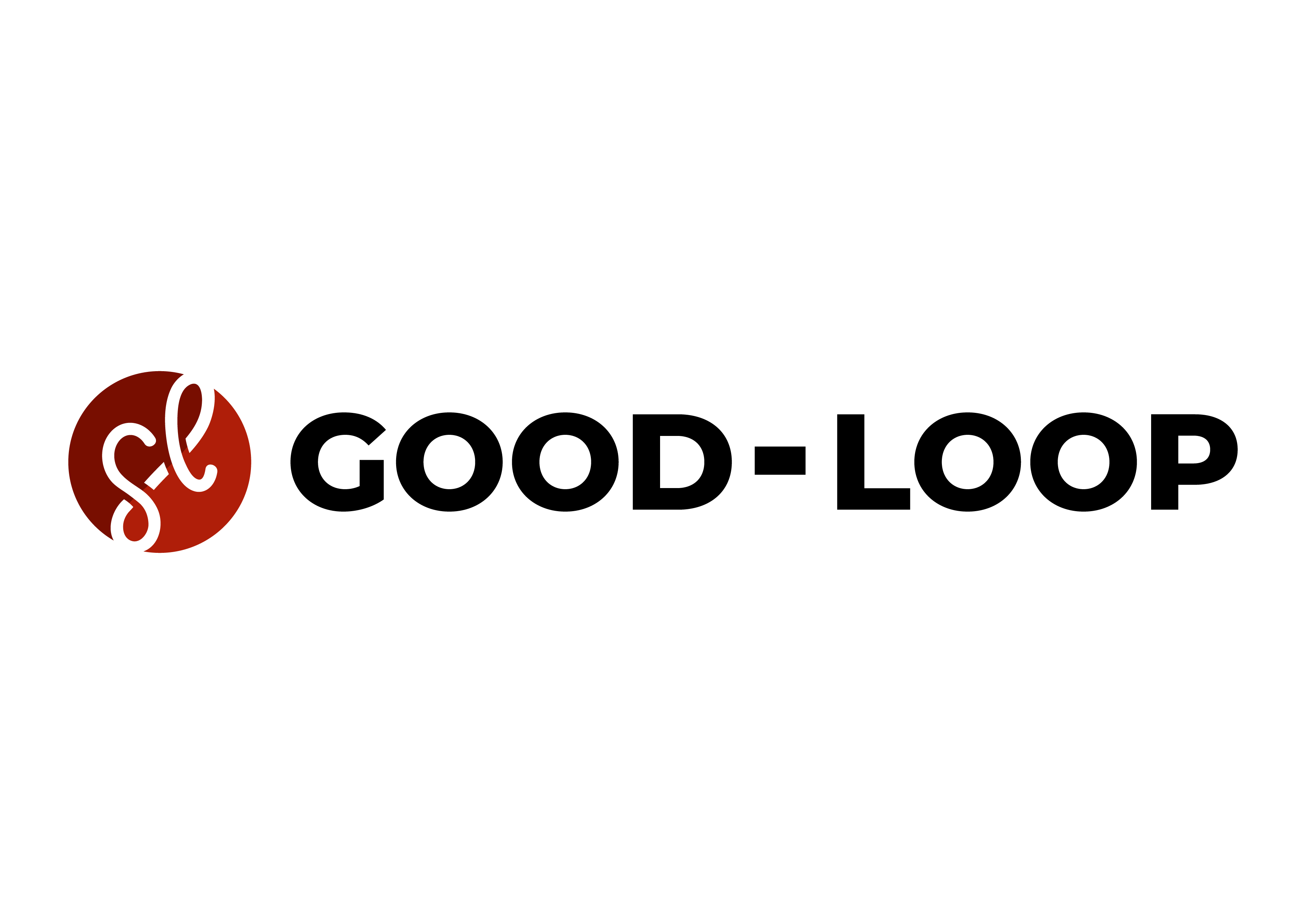Well. 2020. What a year and we're only halfway through.
Australia was on fire in January, February brought us Coronavirus, in March Cummings should have gone to Specsavers, and just when you thought it was all calming down, June came marching in with Black Lives Matter protests across the globe.
This year shows no signs of letting up as current affairs continue to disrupt the advertising industry in a way not seen since The Second World War. To make it through the rest of the decade brands are faced with the ultimate question - Should I advertise during a crisis?
Previously, slamming the breaks on my have been an easy choice to c-suite staff. But when every month brings with it new battlefields to navigate we can no longer hide as an industry from our responsibilities. Advertising must adapt because, at the end of the day, it's one of the only parts of normality left.
Research shows that brands who continue their communications through a crisis take a larger share of the market when things go back to normal. 78% of consumers believe brands should help them in their daily lives, whilst 75% think brands should inform consumers of what they're doing throughout the crisis.
With every move being scrutinised disingenuous campaigns can damage brand perception or, like the brands below, are celebrated for their actions. It's clearer than ever before that true impact builds loyalty and brand love with your target audience.
So this month we decided to take a look at what made these campaigns successful - to help us learn how brands can be more helpful and impactful during such delicate times in history.
Keep fighting,
The Good-Loop Team.
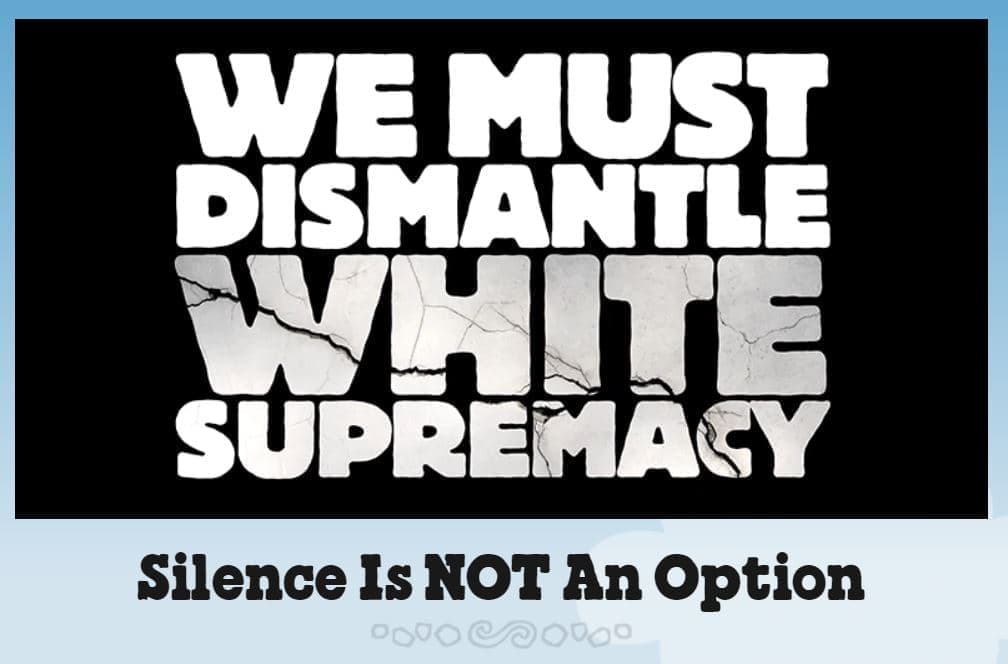
I scream, you scream, we all scream to fight white supremacy.
Ben & Jerry's have liberal morals baked into their core, from demanding prison reform in the states to calling for the legalisation of Marijuana on 420. They've consistently screamed "Black Lives Matter" with Ben Cohen and Jerry Greenfield even being arrested at the US Capitol in 2016.
Even though they're just some tasty frozen cream, Ben and Jerry's have set themselves in a position to not only comment on social issues but to actually drive change. They utilise their large platform that many brands shy away from, meaning their most recent call to "dismantle white supremacy" had real cut through whilst other corporate messages were seen as disingenuous.
But how do they do it? Well, the truth is pretty simple - they stay genuine to their ethos whilst practicing what they preach.
Brands and advertisers need to push the conversation in the right direction and this can only happen if it comes from a place of listening, learning, and then acting. B&Js teaches us that if you act with these points in mind - it will always be genuine.
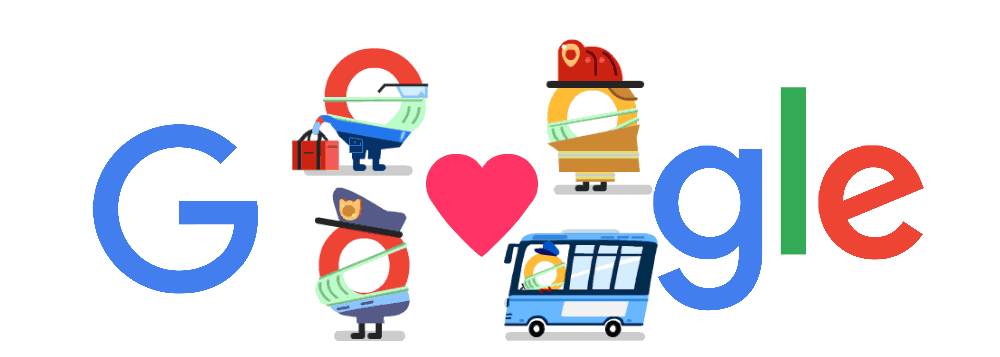
Google have been able to ride the waves of 2020 by becoming beacons of information and support when the world needs it most.
Few have managed to adapt as well to the monthly curve balls of the new decade like Google has. Once seen as one of the Big Tech bullies, unlike their old playground chums who have shied away from responsibility Google instead took on the role of teacher.
Google created an educational website on Coronavirus in the US whilst simultaneously rolling out free access to Google Meet, their Zoom equivalent, and also invested $6.5 million into COVID-19 fact-checking and verification efforts. Whilst many large corporations wrongly dipped into state aid in the UK and US, Google instead setup a fund to support contractors and temp workers.
The genuinely helpful role they've played during the global pandemic has transformed their brand perception and affinity, which will stay with them long after everything goes back to normal - whatever that might be.
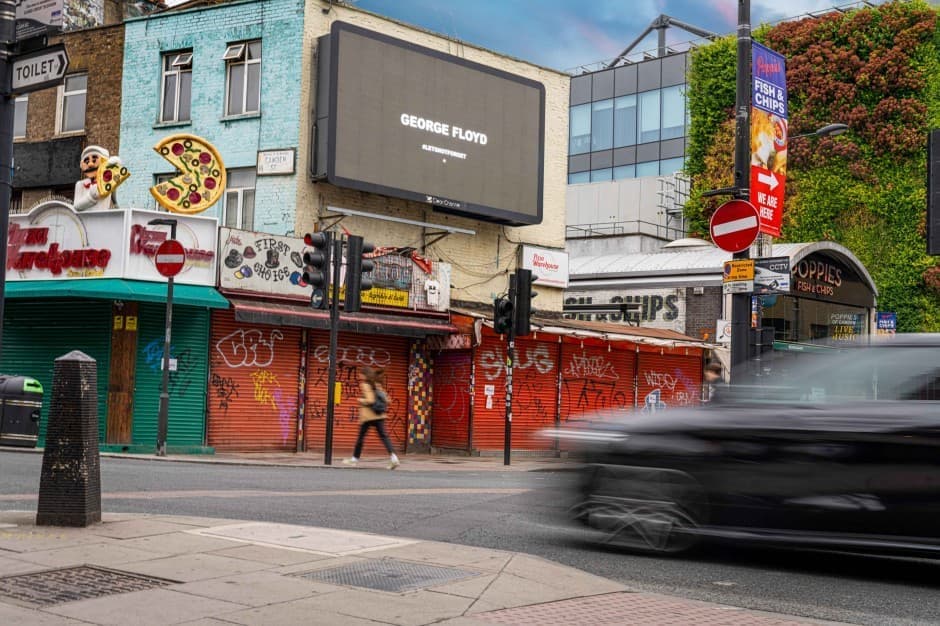
Clear Channel harness their OOH network to raise awareness of the 56 Black Men campaign to deconstruct dangerous racial typecasting.
Back in January Adland put it's best foot forward to protest against the rising threat of climate change with Create and Strike. Now, they've followed suit in support of BLM by calling once again for solidarity. But after facing backlash for the latter it seems that in media good intentions are rarely followed through.
However, Clear Channel have reignited their partnership with 56 Black Men to broadcast their 'Let's Not Forget' message. Coming at a time when demand for OOH has dropped, the campaign looks to harness the rise in public consciousness, saying the names of those who didn't make it to a hashtag.
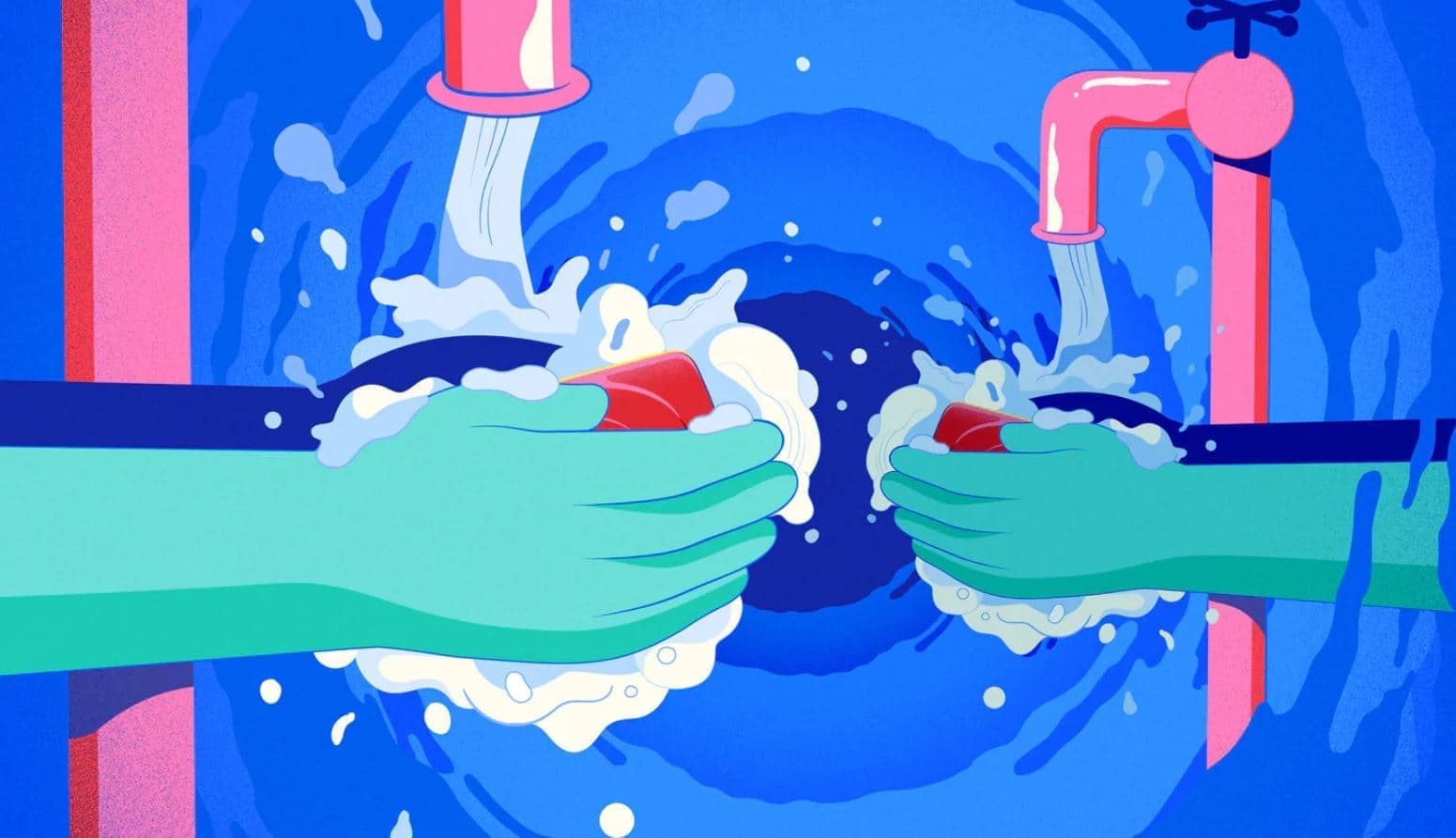
Unilever take a stance against woke-washing by warning brands to avoid opportunistic behaviour.
Coronavirus landed neatly at the door of many Unilever brands but as trailblazers in sustainability they've urged advertiser and brands to steer away from jumping on the bandwagon - sound advice at any time but especially now!
Marketing is vital to keep brands front and center but unless the message comes from a genuine and empathetic place, brands risk becoming targets of unforgiving social warriors. To put it simply, every time a link is made to the prevalent crisis it must be part of a positive action.
Unilever, however, perfectly embodies brands as a force for good. From Dove's infomercial for kids featuring DJ Khaled, to their campaign incorporating front line healthcare workers, and even launching a mental wellness programme for it's 62,000 employees.
